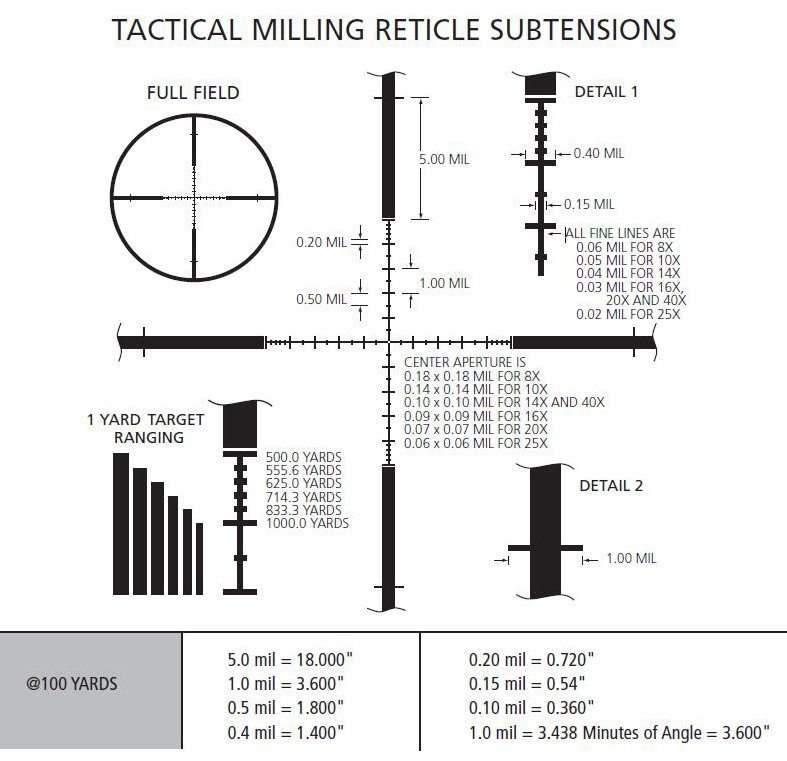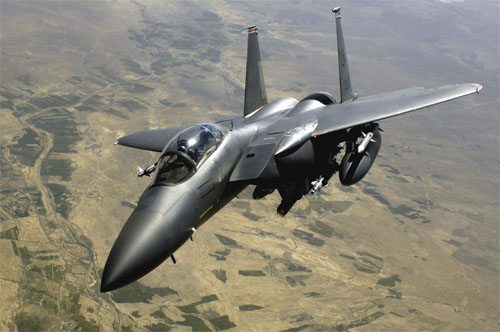UPI, U.S. Secretary of State Condoleezza Rice is due to arrive in India Tuesday for a daylong visit to bolster the growing ties between Washington and New Delhi. The meetings are being billed as adding more sugar to already sweetened ties.
India was among those nations that silently welcomed the change of guard at the State Department. Former Secretary of State Colin Powell was not an India-baiter but he was more or less seen as tilted toward Pakistan.
Powell used his good offices with Pakistani President Pervez Musharraf to ward off a possible India-Pakistan war when more than a million troops were stationed on the border between the two arch foe neighbors in 2002 and tempers were running high in New Delhi and Islamabad.
Washington needed Musharraf more than New Delhi in the post 9/11 developments and Powell was seen as sharing close rapport with the Pakistani military-chief-turned-president. Whether it was the military bonhomie between two generals or Washington's need to keep Islamabad in good humor due to its proximity to Afghanistan, Musharraf was always seen as a close ally of Powell-led State Department.
Top officials in India's Foreign Ministry still nurse anger at the “humiliation” that Powell engendered when he took New Delhi by surprise and declared Pakistan a major non-NATO ally in March last year. Powell, who was in the Indian capital a day before that announcement, had not hinted about his government's decision to any of the Indian officials and leaders he met during that visit.
India may not be bordering Afghanistan like Pakistan, but it has offered assistance to the United States in its war against the Taliban regime. New Delhi also opposed the Taliban for allegedly training Islamic militants for the insurgency in Kashmir.
Striking a delica te balance between India and Pakistan can be a difficult challenge for any foreign minister.
India, which felt pushed aside by the Bush administration as compared to the Clinton administration, saw a silver lining when Rice took over the reins of the State Department earlier this year. While the last few years have seen growing trade ties between Washington and New Delhi, each side has their own political agenda.
With major U.S. corporations rushing to outsource everything from call centers to financial analysis to Bangalore or Bombay, two-way trade grew by 17 percent last year to $21 billion, according to Business Week.
This year's Indian defense purchase budget of more than $7.5 billion makes it a prime market for selling weapons.
News reports say that in a balancing move, Washington may approve the sale of F-16 fighter planes to both India and Pakistan.
The Nation daily, publis hed in Pakistan, quoted unnamed officials as saying that Rice would convey to New Delhi that the United States was willing to sell the fighter jets to India also if it was OK with the sale of jets to Islamabad.
India has traditionally done defense shopping in Russia, France and Britain. But it has also been exploring Israeli and American markets for weaponry.
Pakistan has been craving modern F-16 fighters to bring its military strength at par with India, but New Delhi has so far successfully stalled Islamabad's move.
U.S. Congress suspended a sale of about two dozen F-16s to Pakistan in 1990 due to Islamabad's nuclear program.
To foster political relations, Rice will make her first stop in India Tuesday as part of her six-nation tour to Asia that will also take her to Pakistan, Afghanistan, China, Japan and South Korea.
Rice is to hold meetings with India's External Affairs Minist er K. Natwar Singh and she plans to also call on Prime Minister Manmohan Singh before leaving for Pakistan Wednesday evening.
Besides discussing the stronger defense ties and expanded commercial cooperation, Rice is expected to discuss a possible India visit by President George W. Bush.
The two sides have already drawn close under the framework of the Next Steps in Strategic Partnership, which is seen to be growing with Washington having eased off almost all the major restrictions following India's nuclear testes of 1998.
There has also been a significant jump in the U.S. approval rate on licenses sought by Indian entities to trade in dual-use items, which involve sensitive technology that can be used for military purposes, the Indian Express reported.
By September last year, the trade of dual-use items was worth $90 million between both countries. This was a significant increase from $57 million a t the end of 2003 financial year.
The Rice visit comes at a time when both sides hope to increase trade to achieve goals laid out by the NSSP. In this context, a high-level team was in Washington and Baltimore earlier this month to firm up New Delhi's participation in the U.S.-led Container Security Initiative, the Express reported.
Washington is also cautious about the growing proximity between India and Iran, which has offered New Delhi a gas pipeline that will run through Pakistan.









